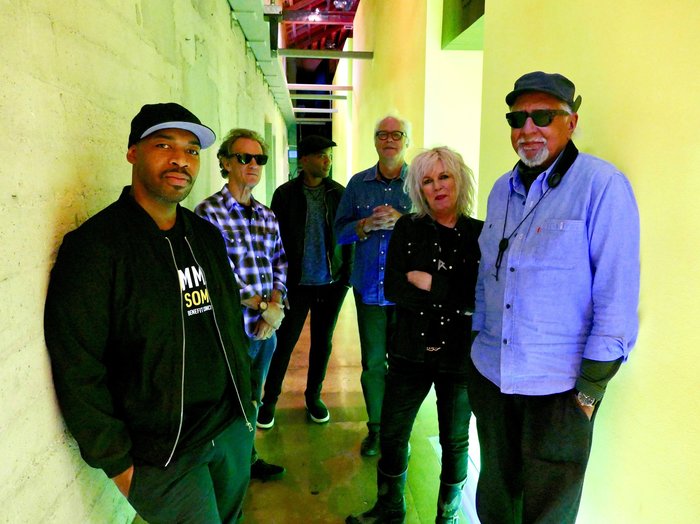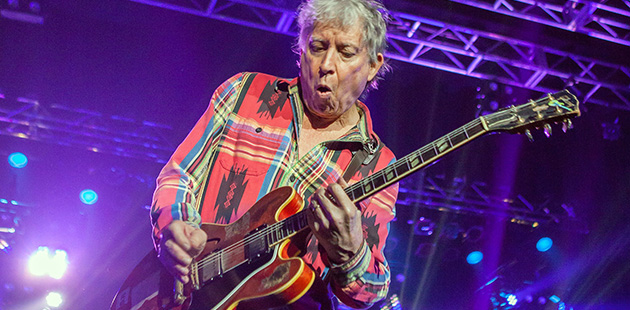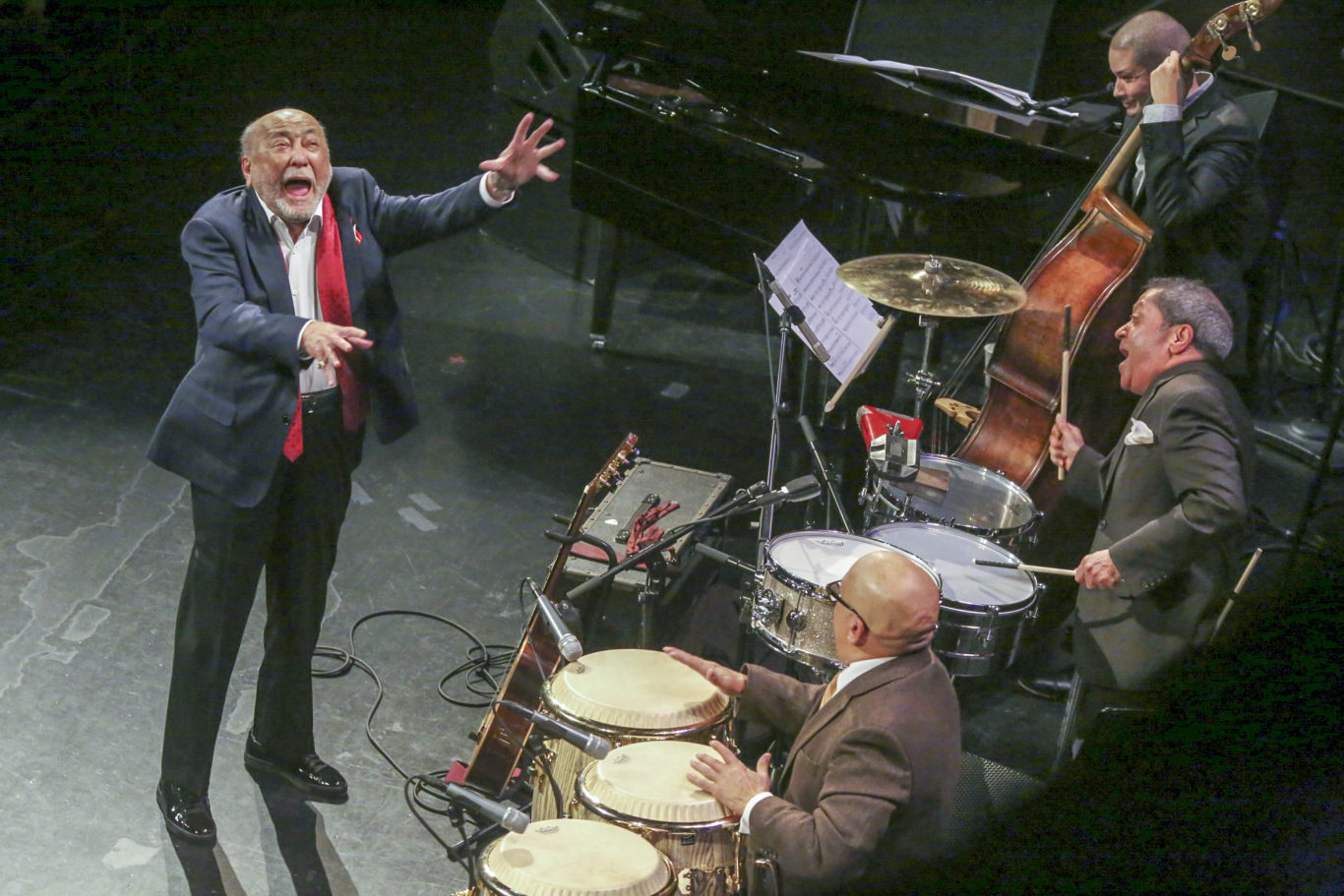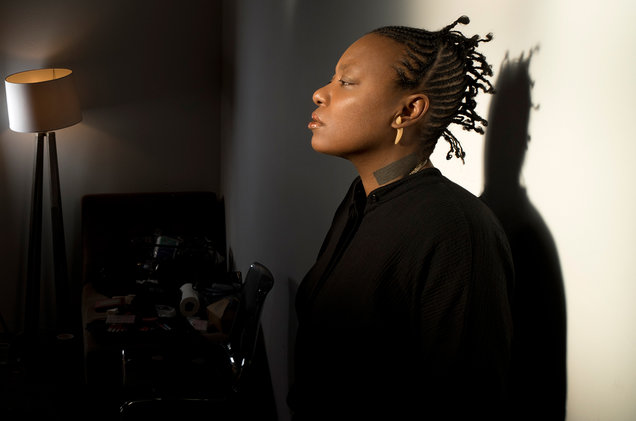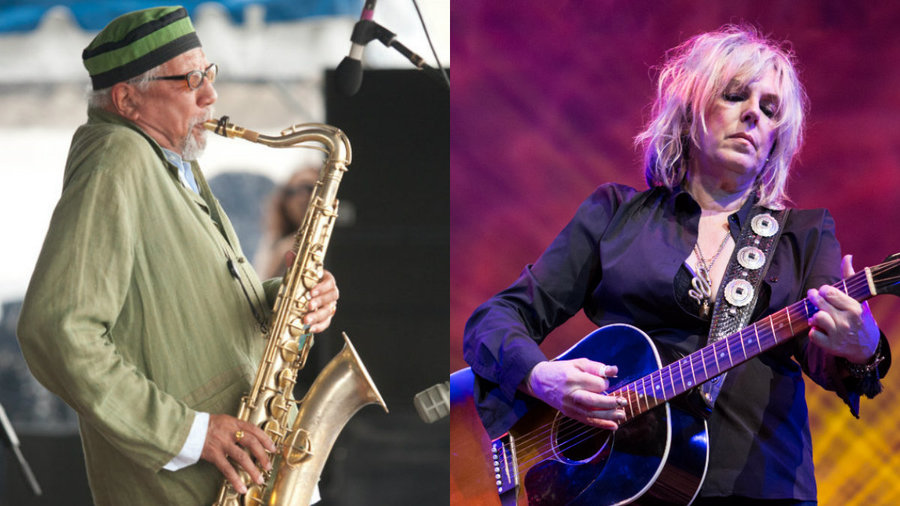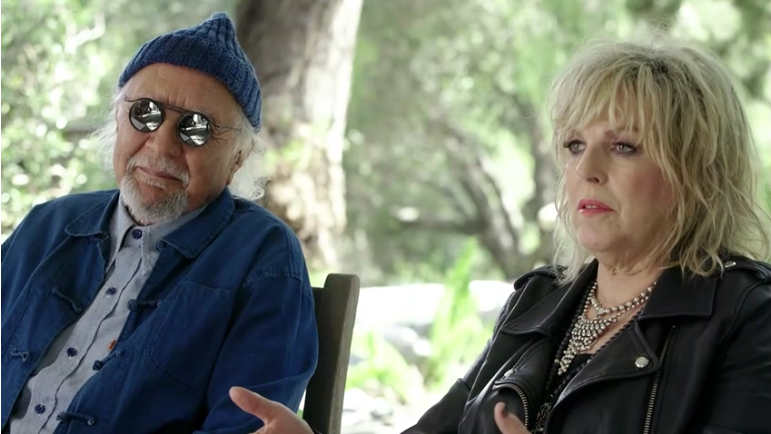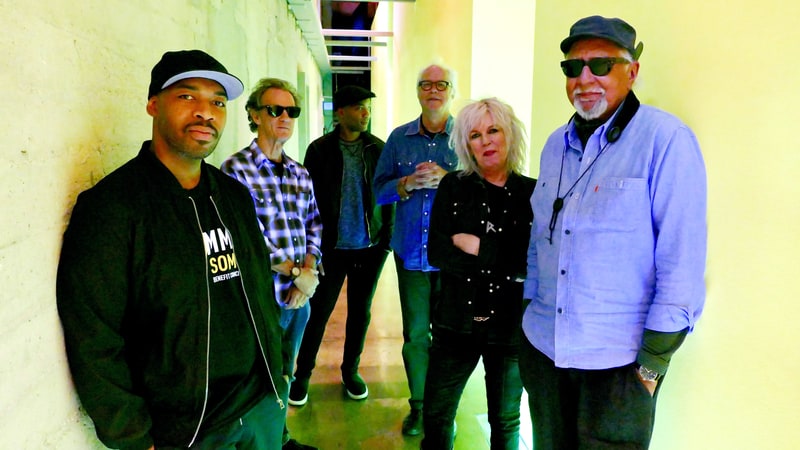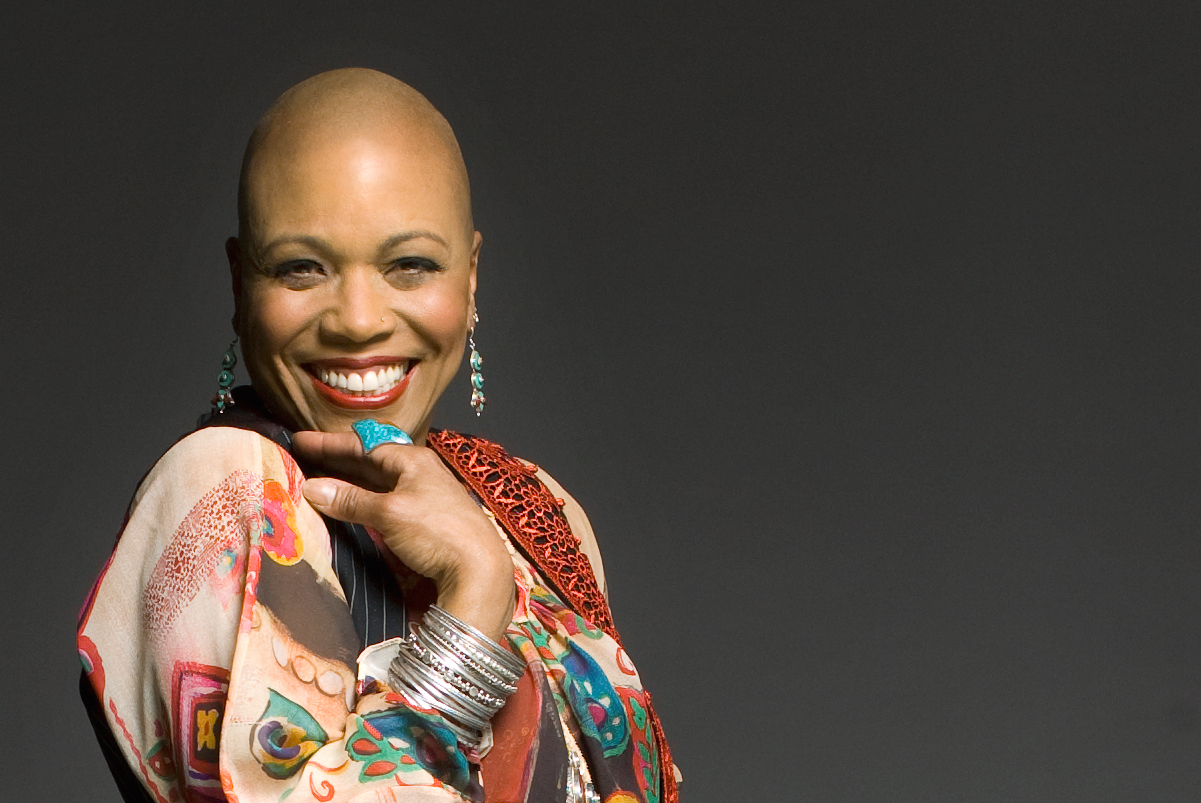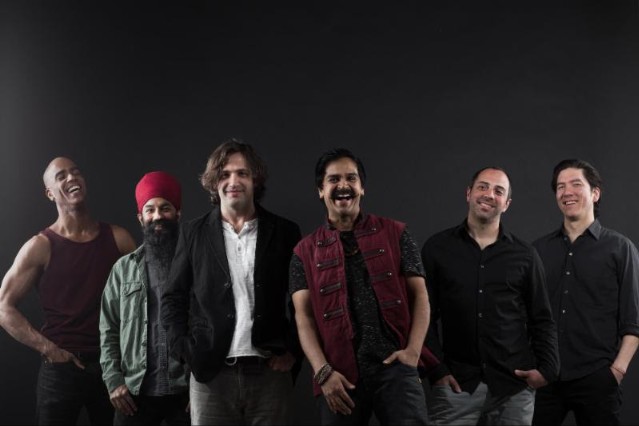
Pranav Trewn for STEREOGUM – I couldn’t wrap my head around all the Royal Wedding hoopla that took place last month. I mean, beyond my inherent wariness of celebrating a colonialist institution and the usual skepticism that comes with excessive interest in the lives of people notable for hardly any reason beyond wealth, I just can’t understand getting that excited about a white wedding. Don’t take offense, I’m sure those celebrations are as lovely and moving as they’re depicted in the movies. I even hope to go to one someday! But I’ve been raised on Indian weddings my entire life, and Indian weddings are a thoroughly different beast.
Without even mentioning the richer color palettes, food with actual flavor, and music holding a timbre far more amenable to really getting down (a daily facet of these ceremonies, which typically run a glorious five days on average), the core leg up Indian weddings have on their Western counterparts is the baraat. The greatest among nearly a dozen functions, a baraat is essentially a parade by the groom’s wedding party held as they journey to the venue. The baraat often features its own band and set of dancers, but everyone in the procession typically contributes to the spirit with singing, stomping, and handclaps, all while the groom rides above regally veiled on a mare encircled by his loved ones.
Carried by the infantry march of the dhol — a shoulder-slung dual-sided drum smacked loudly with sticks, the most perfect instrument ever created — the amalgam of participants marches without break to the bridal party, who await to greet them upon arrival. (I’ve participated in this ceremony in both parties, and it is considerably more enjoyable to be with the groom – it can take hours for them to make their way down.) What follows is the milni, where the corresponding family members from each side (i.e. father and father, aunt and aunt, second cousin and second cousin, etc.) embrace one another with garlands, before a pissing contest ensues to see who can lift the other higher in their hug. It’s a huge amount of fun, and the best symbolic ritual I’ve seen for the community-minded unification love brings.
It is from within these musically-expressive traditions that Red Baraat came to be. The Brooklyn-based bhangra-fusion ensemble rose out of bandleader Sunny Jain’s early attempt at an Indian brass wedding band in New York, before he realized the need to spread the jubilant sonics and energy of South Asian marital customs to the masses. As the concept took shape prior to their 2010 debut Chaal Baby, the group’s sound blew up considerably beyond the trappings of mere “wedding band” music, encompassing a jazz-approached riot of big band Panjabi instrumentation with singed edges of psychedelic rock and hip-hop.
Red Baraat’s trademark is how they conjure a storm of stampeding percussion, courtesy of Jain’s frenetic dhol, which is highlighted by breakneck melodies and a dynamic tonal palette, stimulating over headphones the spirit of a grand nuptial caravan while also boldly weaving in settings from across the globe. Throughout their now decade-long discography, the troupe — newly slimmed down to a six-piece, additionally comprising a guitarist, drummer, and three-piece brass section — has wielded their compositional acumen to remain true to their roots in the South Asian diaspora, while also reflecting just how wide of an experience that can embody.
Find the full review on STEREOGUM
Find Red Baraat on TKA
